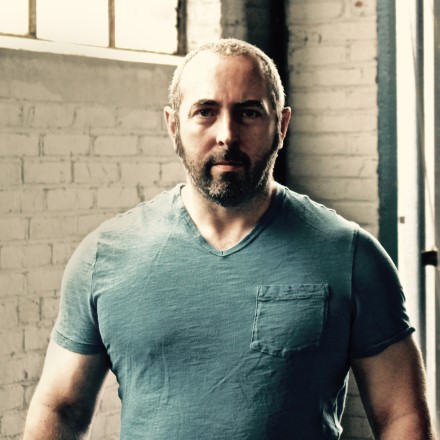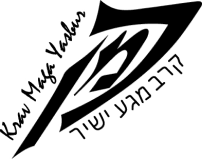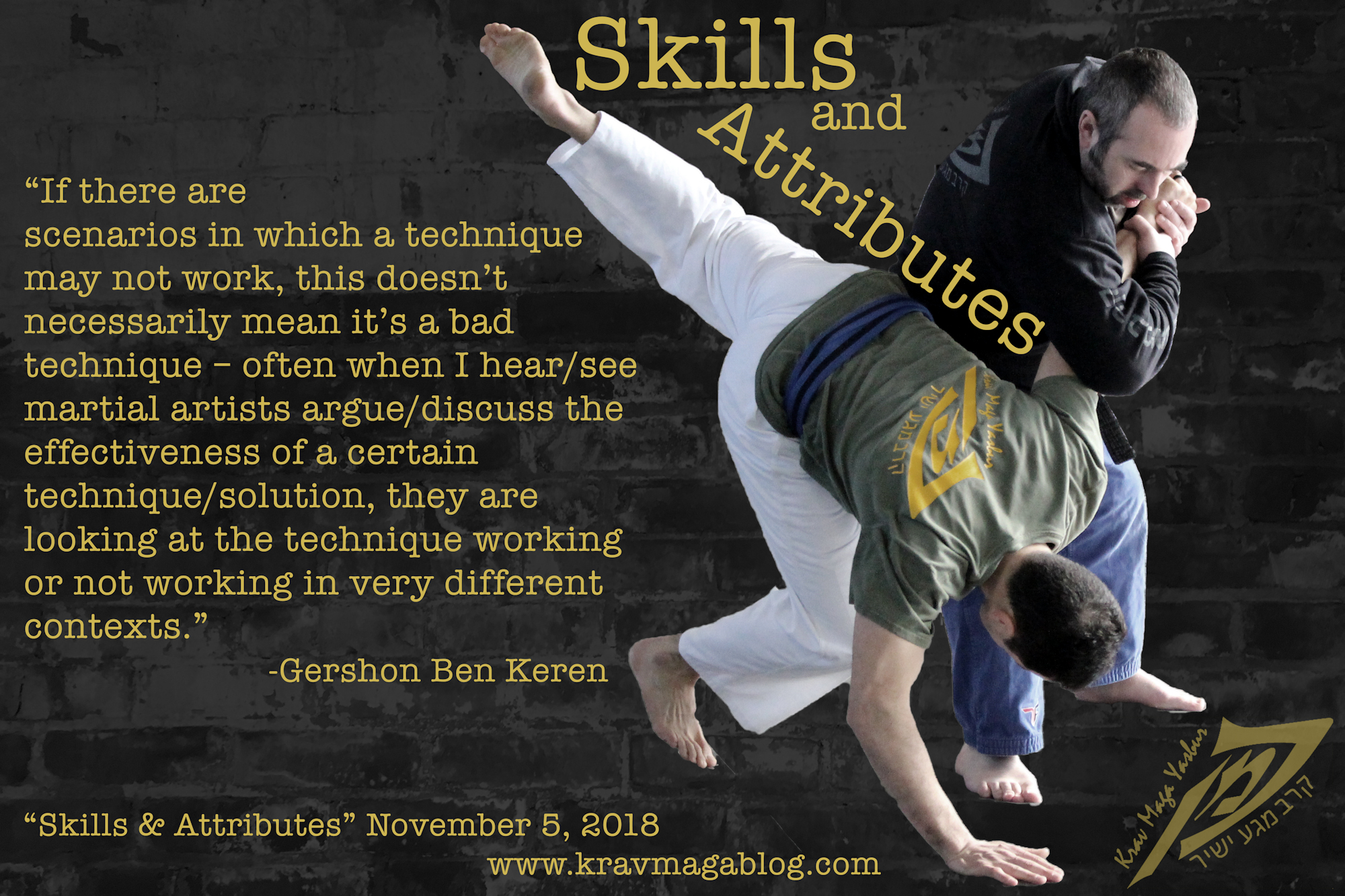To the untrained eye, Judo would seem to be a martial art that requires a lot of strength e.g. to pick someone up and throw them, means that at the very least, you must have enough power to be able to lift the other person’s weight. However, Judo and throwing is about the taking of balance, and isn’t about “lifting” – my twelve-year old who is half the weight of me can throw me with little effort, when he breaks my balance. This wasn’t always the case. When he first started learning Judo and hadn’t yet got the hang of balance-breaking, he would have to muscle his throws, and invariably he didn’t have the strength to do so successfully. We need skills to make techniques work, and this is something that often gets overlooked in training. Even the simplest of techniques, needs something behind it to work i.e. the technique can’t execute itself on its own behalf, etc. I’ve had people criticize a technique for not working, because they don’t initially have the skills and attributes to make it work; and rather than focus on developing these, they write the technique(s) off, and go looking for a better solution. In this article, I want to look at skills and attributes and how they relate to techniques.
All techniques have failure points, and all techniques only work in the contexts they were designed to work in. When we look to evaluate a technique, context is key e.g. will the same technique work at all ranges, or are there those where it may break down. To claim that a particular technique or solution is universal, and applicable in every situation, is a gross error, and displays both a lack of real-world experience, as well as a limited imagination regarding violence. How well does a technique stand up at different ranges, or when space is limited? e.g. can you execute the same weapon disarm, whilst standing on an escalator, as when you are in open space, etc? If there are scenarios in which a technique may not work, this doesn’t necessarily mean it’s a bad technique – often when I hear/see martial artists argue/discuss the effectiveness of a certain technique/solution, they are looking at the technique working or not working in very different contexts. Also, no technique is infallible, there are always responses that an assailant can make that can cause a technique to fail. I could go through any martial arts/self-defense book or DVD and go “what if”; and we need to look at these “what ifs” in context. In an active shooter context, it’s very likely that if you try to execute a disarm, they’ll pull a second weapon (this is something we have seen happen time and again), such a response isn’t so likely in a mugging/abduction – again, not to say it doesn’t happen. Obviously, we want to mitigate as many responses an attacker can potentially make, but we shouldn’t think that we could eliminate all of them.
We are more likely to get a technique to work if we have the skills and attributes it requires to work. Without a degree of hand-speed, no weapon control or disarm will work; if our action is slower than our aggressor’s reaction, good luck controlling the weapon/arm in any way, shape, or form. In terms of skills, speed, decisiveness and commitment are perhaps the most important ones to have and develop, because without them, you will have little chance of dealing with an attacker’s responses and reactions. Some training partners will do everything to make their partner fail, and it’s easy to make a technique fail when you’re expecting it, and you know what the other person will do; there’s a huge difference between genuinely “testing” something, factoring in elements of surprise, decision-making on the attacker’s behalf, etc., and just finding ways to get it not to work.
Perhaps one of the most common arguments people make against techniques, is the argument that it relies on strength, and if there was a significant strength differential it wouldn’t work. Firstly, strength does have an effect on almost every technique; the bigger, stronger more powerful an individual is, the harder a time you’re likely to have in dealing with them – there’s a reason I lift weights, I’m not a bodybuilder trying to look good, I’m developing and building functional strength because it affords me an advantage. However, I also do speed training, because I recognize that almost always speed will trump strength; the two together offer me a greater advantage than either one alone. If you weigh 120 lbs. and are concerned about how to deal with a 200 lb. person i.e. overcome their size/strength attribute(s), you have several options. One would be to try and pack on 80 lbs., so that you are now the same weight, the other would be to develop the skills that will negate the other person’s size advantage; get faster than them, develop your aggression, learn to take balance, etc. When I was a competitive Judoka, I didn’t just practice more Judo, to get better, I did footwork and agility drills, I worked on my co-ordination, I increased my fitness – all of this helped me to throw better; but it takes additional time, to your practice-of-techniques time (or a better balance of time) and many people lack the commitment to do this.
Having to deal with real-world violence, that involves committed and seasoned aggressors, means that you can’t just rely on techniques, you need skills and abilities. Throwing the most technical punch against pads in a gym, in a controlled environment, is different to throwing the same punch in a real life altercation; under stress and duress, I’ve seen very technical individuals – who were good in sparring – start to throw wild punches as they start to succumb to panic. Coping with adrenaline, and managing fear, are very necessary skills, that need to be practiced and developed, in order to get any technique to work. If we are training to deal with real-world confrontations, we need to look at ourselves as athletes, and understand what skills we need to get our techniques and solutions to work and train and develop these, as well.
Share:

Gershon Ben Keren
2.8K FollowersGershon Ben Keren, is a criminologist, security consultant and Krav Maga Instructor (5th Degree Black Belt) who completed his instructor training in Israel. He has written three books on Krav Maga and was a 2010 inductee into the Museum of Israeli Martial Arts.
Click here to learn more.

